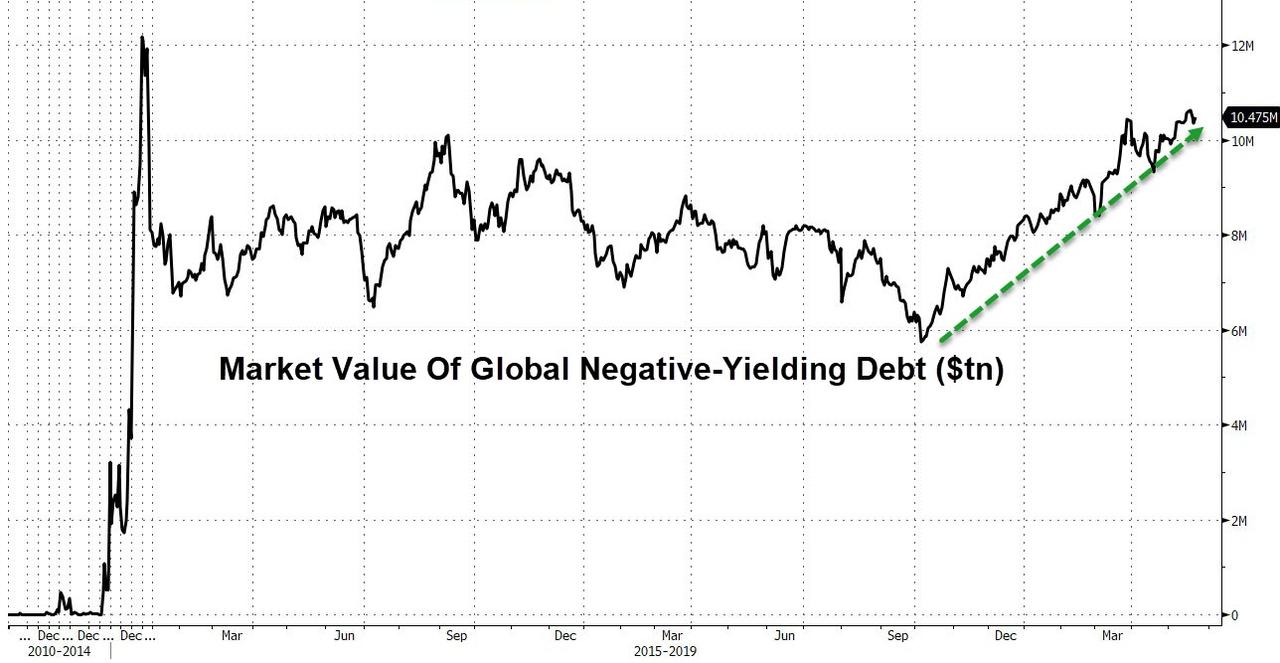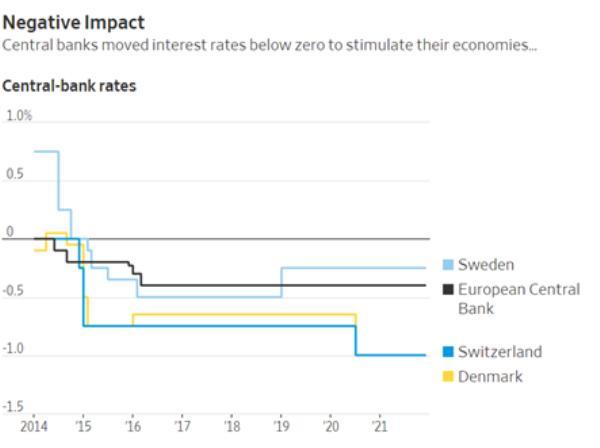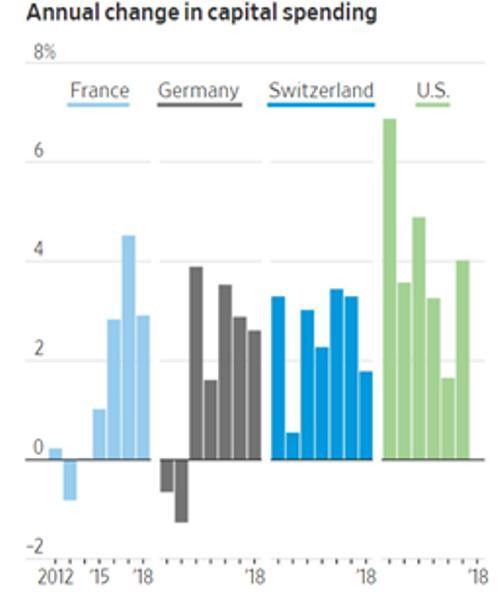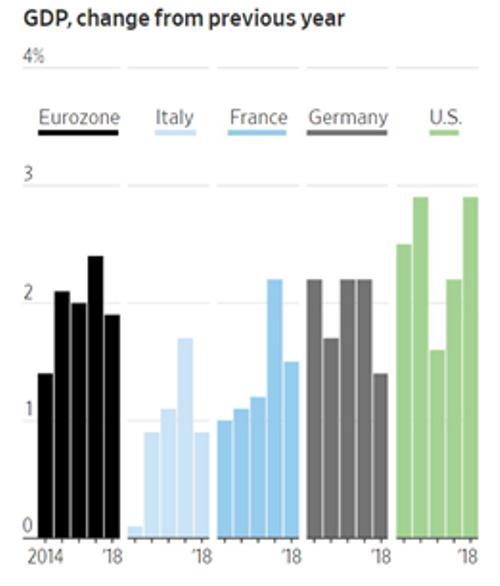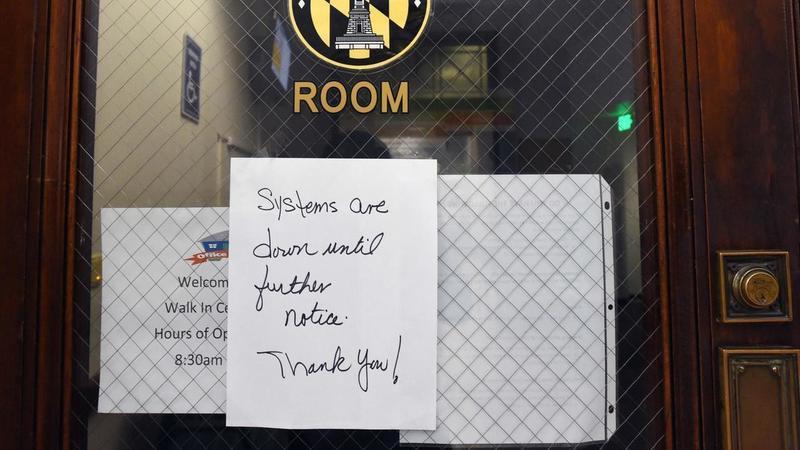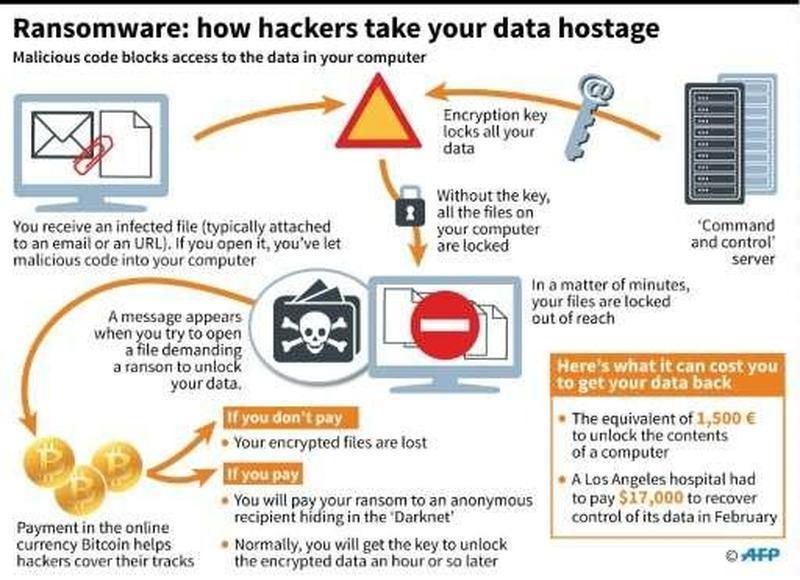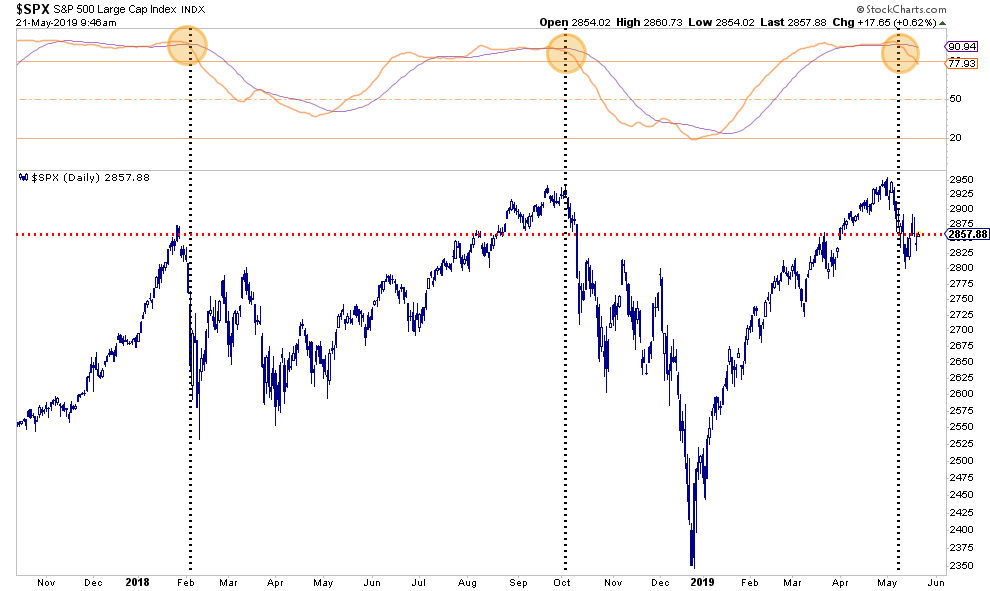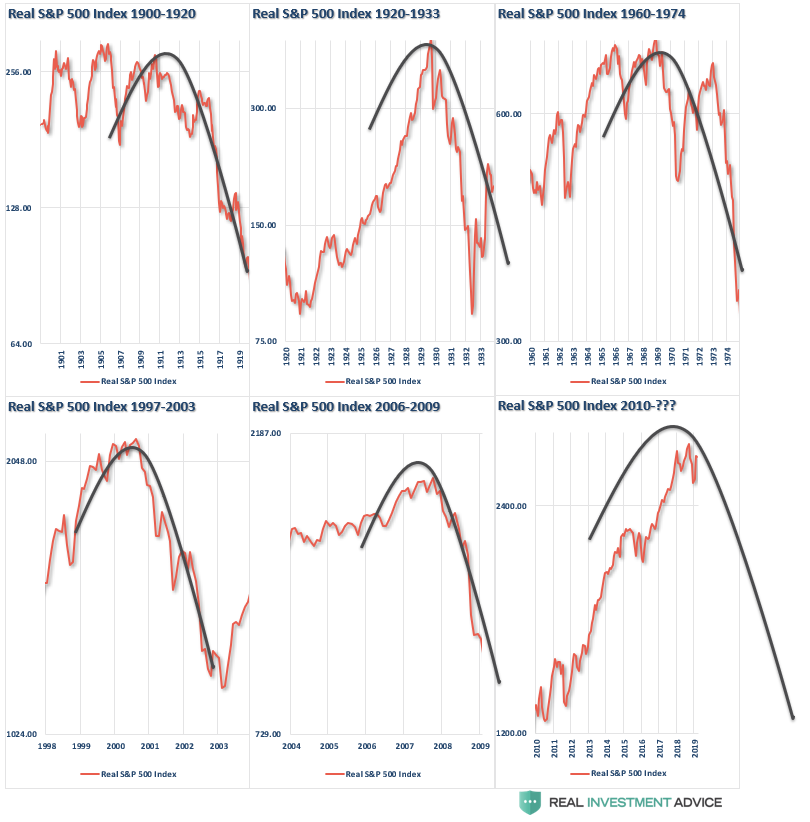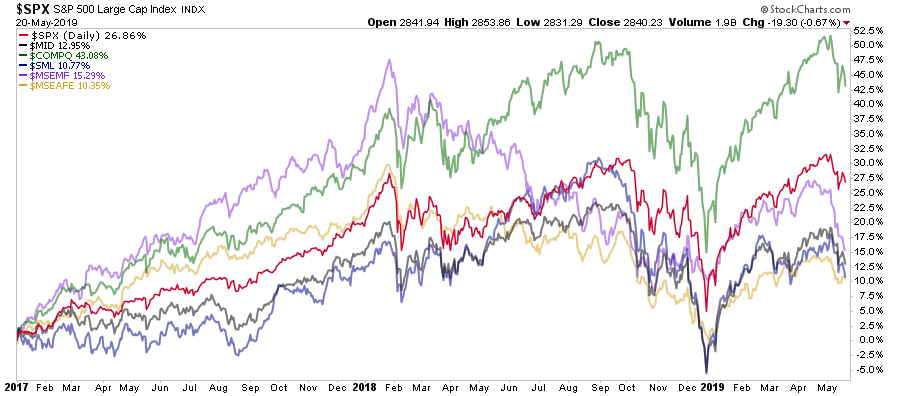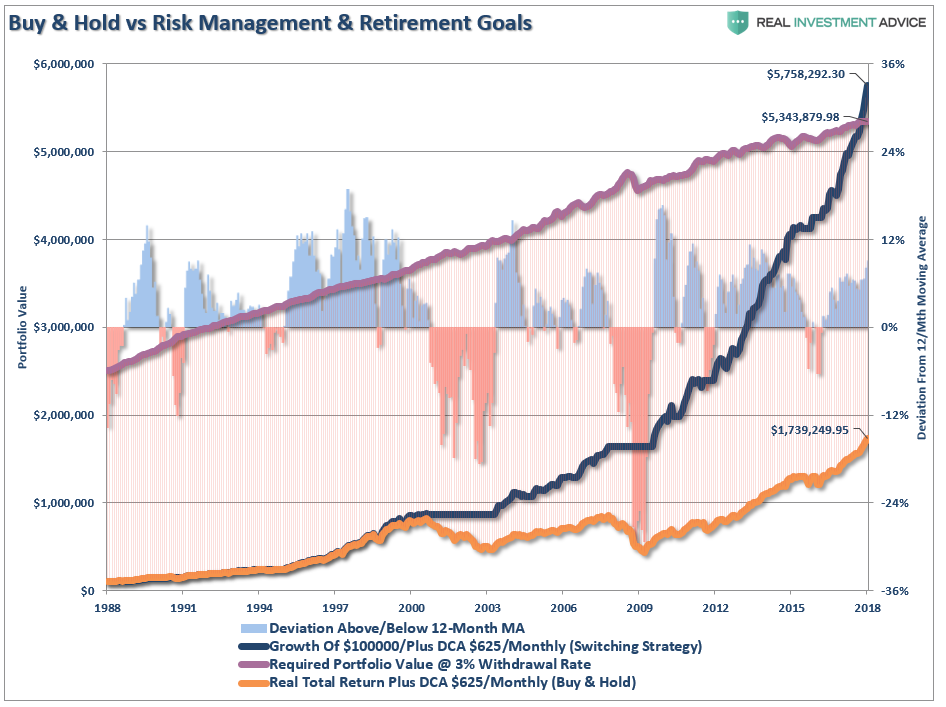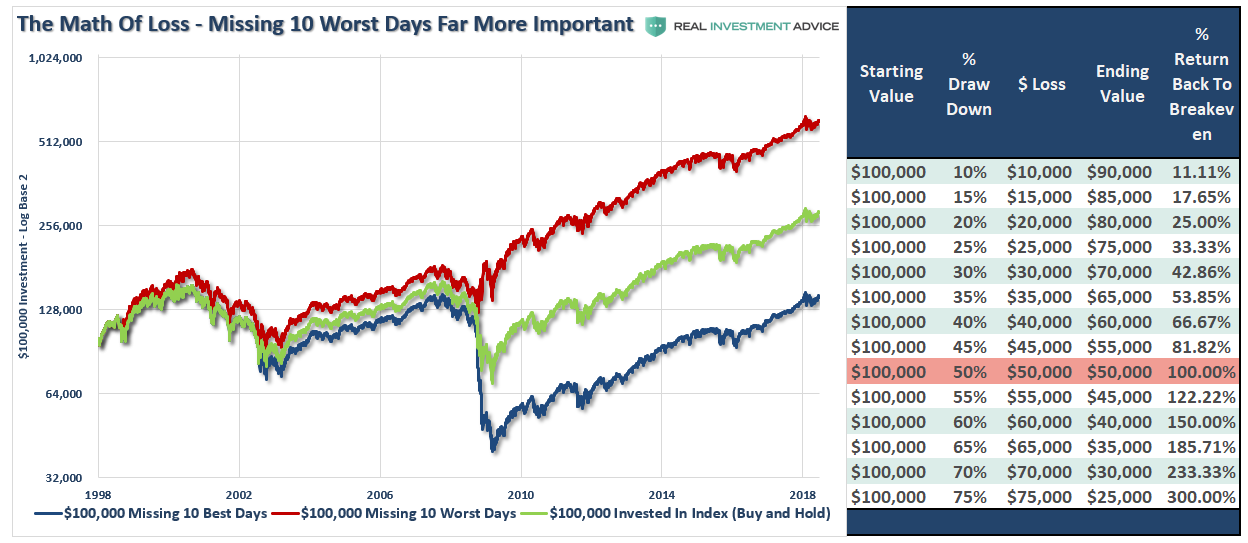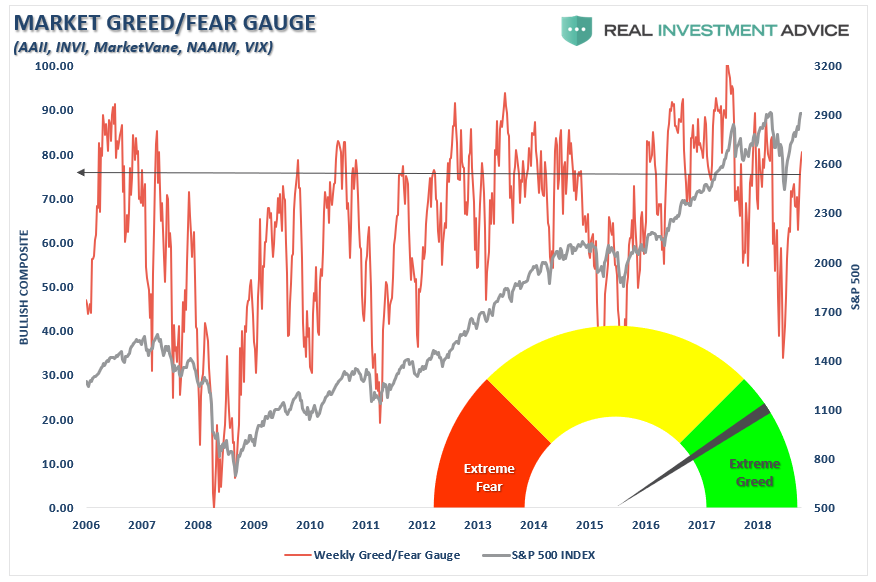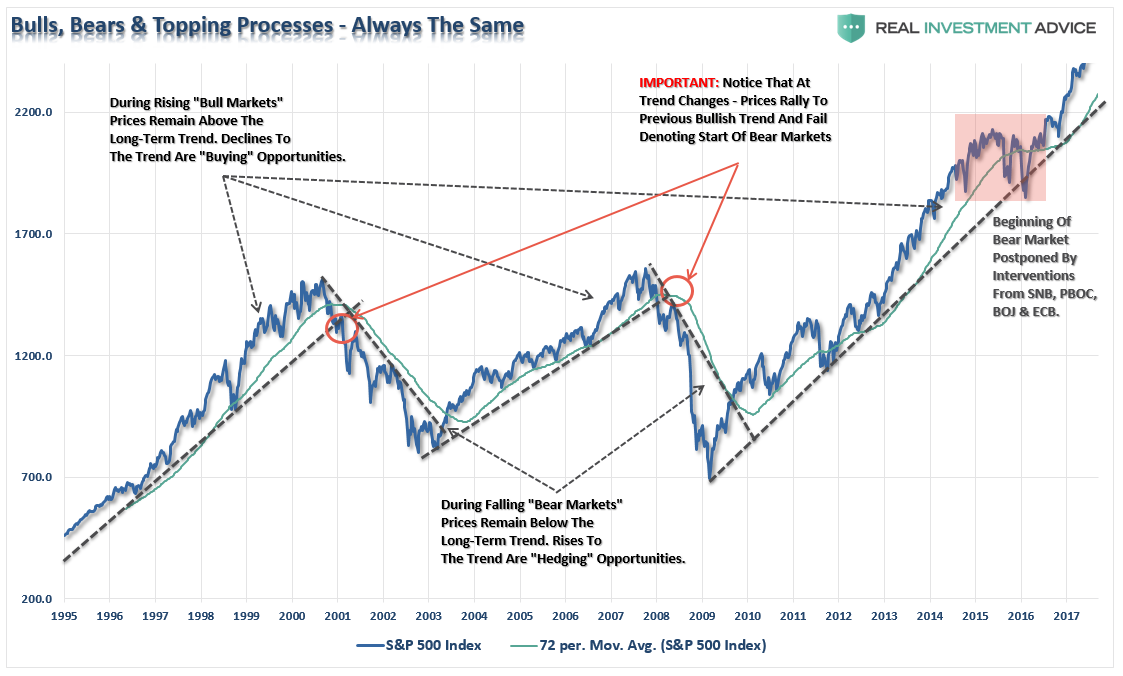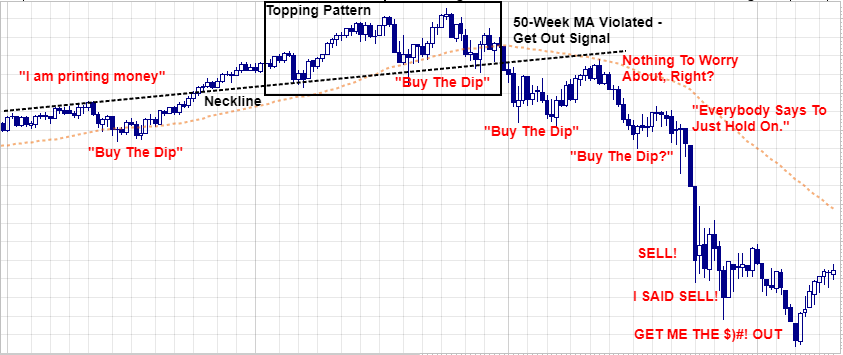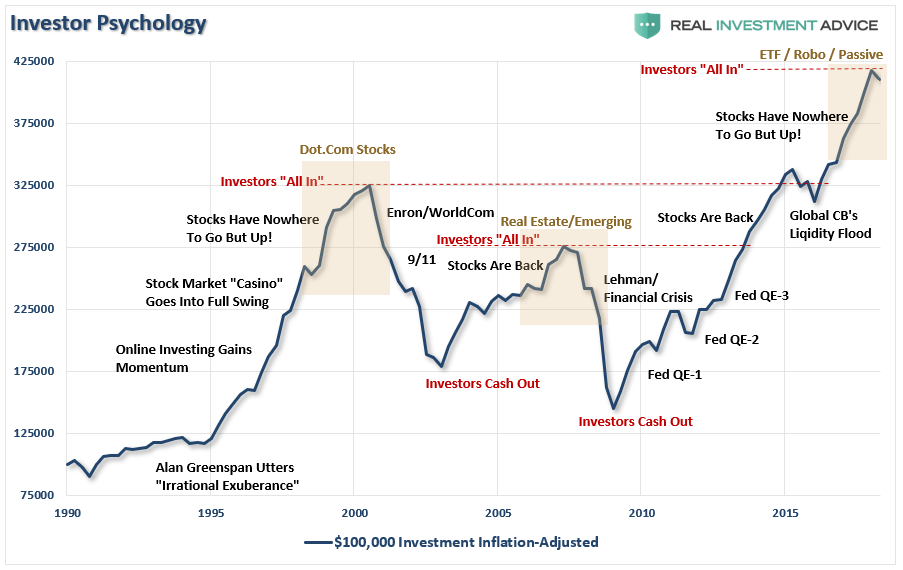War with Iran remains a deeply unpopular prospect among the American people, but a new opinion poll conducted by Reuters and polling organization Ipsos found there’s not much optimism concerning the likelihood of getting entangled in a future conflict. The poll released Tuesday found that half of all Americans see the US and Iran being at war “within the next few years”.
As of early this week it appeared the White House as well as Pentagon were firmly signaling the US has climbed down the escalation ladder, with statements claiming the US military build-up near the Persian Gulf of the past two weeks had forced Iran to put its planned actions against US troops “on hold” in order to “recalculate”.

According to the Reuters/Ipsos poll:
While Americans are more concerned about Iran as a security threat to the United States now than they were last year, few would be in favor of a pre-emptive attack on the Iranian military. But if Iran attacked U.S. military forces first, four out of five believed the United States should respond militarily in a full or limited way, the May 17-20 poll showed.
The poll found that a mere 12% actually supported a pre-emptive US attack on Iran, with 53% of American adults still seeing Iran as a “serious” or “imminent” threat.
Only if the US were attacked did the data show popular support for war, with four out of five respondents saying Washington should respond militarily in a full or limited way.
Concerning Trump’s handling of Iran, which has dominated headlines for over two weeks for which the US deployed the USS Abraham Lincoln carrier strike group to the region along with a B-52 bomber group, the poll found the following:
Nearly half – 49% – of all Americans disapprove of how Republican Trump is handling relations with Iran, the poll found, with 31% saying they strongly disapprove. Overall, 39% approve of Trump’s policy.
And crucially, the goal posts have been moved, with the last round of bellicose exchange of threats making a near-term future war more likely:
The survey showed that 51% of adults felt that the United States and Iran would go to war within the next few years, up 8 percentage points from a similar poll published last June. In this year’s poll, Democrats and Republicans were both more likely to see Iran as a threat and to say war was likely.
Since John Bolton’s May 5th statements citing “credible intelligence” of a heightened Iran threat which supposedly put US troops in the cross hairs there’s been next to nothing in terms of actual details, provable or disprovable.
Déjà vu: The same rhetoric used to justify going into Iraq is back, but this time it’s Iran that’s a “threat to the region.” pic.twitter.com/WuXubUybaf
— In the NOW (@IntheNow_tweet) May 9, 2019
Instead the past two weeks has witnessed incessant blustering out of Washington, with daily threats that military action was looming against Iran.
And on Tuesday, still with zero evidence that Iran was readying an attack, the Pentagon essentially declared victory following statements by Trump that he is not willing to escalate, but instead telling Iran’s leaders to “call me”. However, Tehran has rejected the idea of talks with Washington at this point, with President Hassan Rouhani saying, “No talks, only resistance.”
via ZeroHedge News http://bit.ly/2M68Mh6 Tyler Durden

